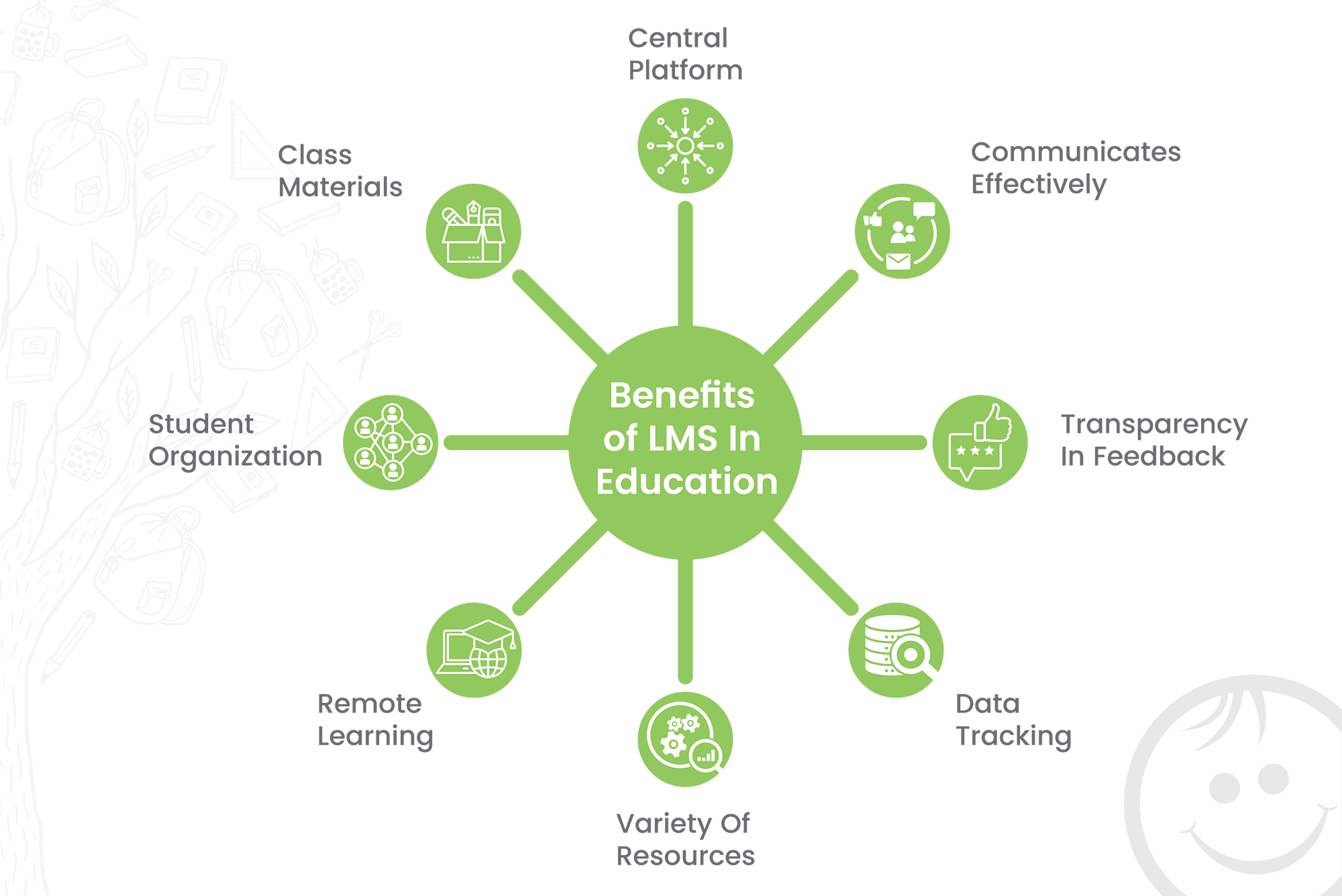Learning Management System Singapore: Making E-learning Obtainable for All
Learning Management System Singapore: Making E-learning Obtainable for All
Blog Article
Selecting the most effective Knowing Management System for Your Organization
Selecting the optimal Understanding Management System (LMS) for your organization is a complex decision that calls for mindful consideration of numerous aspects. As companies aim for efficiency and development, the choice of an LMS ends up being significantly considerable.
Specify Your Knowing Goals
Specifying clear knowing purposes is vital for the effective implementation of a Discovering Monitoring System (LMS) These objectives offer as a roadmap, leading the development of material, analyses, and overall instructional approaches within the LMS. By developing particular, quantifiable, possible, relevant, and time-bound (SMART) goals, companies can ensure that the discovering experiences are straightened with their tactical goals and student demands.
Reliable learning goals must envelop what students are expected to know or be able to do upon completion of a program or training program. This clearness not just help in web content production yet likewise promotes the evaluation of learner development and the total efficiency of the LMS. Canvas Singapore. Well-defined goals allow stakeholders to examine whether the picked LMS functionalities and features straighten with their instructional objectives.
Assess Customer Experience
Once finding out goals have been established, assessing user experience comes to be a crucial next action in picking a proper Discovering Management System (LMS) Customer experience includes the general complete satisfaction and ease with which students communicate with the system. A well-designed LMS needs to help with instinctive navigating, making sure that users can situate programs, materials, and assistance easily.
To analyze individual experience, consider carrying out usability screening with a depictive example of end-users. This can supply beneficial insights right into exactly how learners engage with the system. Key variables to assess consist of the LMS's user interface style, access functions, mobile compatibility, and the clarity of guidelines provided. User feedback is critical; gathering studies or carrying out meetings can reveal typical discomfort points and areas for enhancement.
Furthermore, review the availability of assistance resources, such as tutorials and help facilities, which can boost the customer experience. The responsiveness of customer assistance is also important; prompt assistance can significantly minimize disappointments that individuals might run into. Inevitably, selecting an LMS that focuses on customer experience not just improves the finding out procedure however likewise promotes greater interaction and fulfillment amongst students.

Evaluate Integration Capabilities
Acknowledging the value of smooth performance, examining assimilation capacities is critical when picking a Learning Management System (LMS) An effective LMS ought to help with interoperability with existing systems, such as Human Source Management Systems (HRMS), Client Relationship Management (CRM) platforms, and various other instructional devices. This combination improves data flow, reduces administrative burdens, and ensures a cohesive learning environment.
When analyzing an LMS, take into consideration the sorts of integrations offered. Try To Find Application Programming User Interfaces you can look here (APIs), Single Sign-On (SSO) capabilities, and pre-built adapters that enhance combination processes. In addition, confirm the LMS's ability to incorporate with third-party tools, such as content collections or analysis platforms, which can substantially enhance the discovering experience.

Consider Scalability and Adaptability
As organizations progress, the capacity of a Learning Management System (LMS) to range and adjust comes to be significantly important. A scalable LMS can accommodate growth in user numbers, program offerings, and material without endangering efficiency or individual experience. As companies expand, whether with enhanced employees, new areas, or diversified training requirements, the LMS should effortlessly grow together with these adjustments.
Flexibility is similarly important; a reliable LMS needs to support different learning techniques, such as online, blended, and mobile knowing. This versatility allows organizations to respond swiftly to arising trends in training and advancement, ensuring that they can use relevant and engaging knowing experiences - Canvas Singapore. In addition, the system should supply customizable functions, enabling organizations to customize the LMS to their details requirements and branding
Furthermore, a versatile LMS needs to incorporate conveniently with existing tools and platforms, promoting a natural learning community. Thus, when choosing an LMS, it is vital to assess not only its current capabilities however likewise its prospective to grow and adapt in alignment with the organization's strategic goals and evolving finding out click here for info demands. This insight can significantly enhance the lasting stability of the picked LMS.
Evaluation Expenses and Budgeting
When assessing a Knowing Administration System (LMS), evaluating costs and budgeting is vital to make sure that the financial investment lines up with the company's economic abilities and tactical objectives. Organizations needs to start by determining the total price of ownership, which includes licensing costs, execution expenses, upkeep, and any kind of extra expenses such as training and technological support.
It is important to compare numerous LMS choices, as pricing designs can differ considerably among vendors. Some systems may use a subscription-based model, while others may bill a single fee. Organizations must additionally consider the scalability of the LMS; as they grow, the cost structure might transform, impacting long-lasting budgeting.

Final Thought
Selecting an ideal Learning Administration System (LMS) is vital for achieving organizational knowing purposes. A detailed evaluation of individual experience, combination capabilities, scalability, and monetary factors to consider ensures that the chosen LMS aligns with critical goals and learner needs. By systematically dealing with these aspects, companies can boost learning results, promote smooth procedures, and assistance future growth. Eventually, the best LMS acts as a crucial tool in promoting an efficient discovering setting and driving organizational success.
Picking the ideal Discovering Management System (LMS) for your organization is a diverse decision that calls for cautious factor to consider of different elements.Specifying clear discovering goals is necessary for the successful execution of an Understanding Administration System (LMS)Once discovering objectives have actually been established, evaluating customer experience becomes an important following action in selecting an ideal Discovering Administration System (LMS)As organizations advance, the capability of a Knowing Monitoring System (LMS) to scale and adjust ends up being increasingly vital.Choosing an appropriate Understanding Management System (LMS) is essential for accomplishing organizational understanding goals.
Report this page